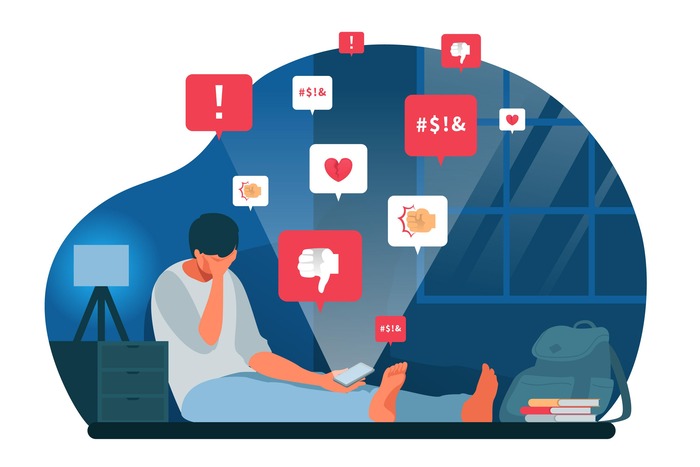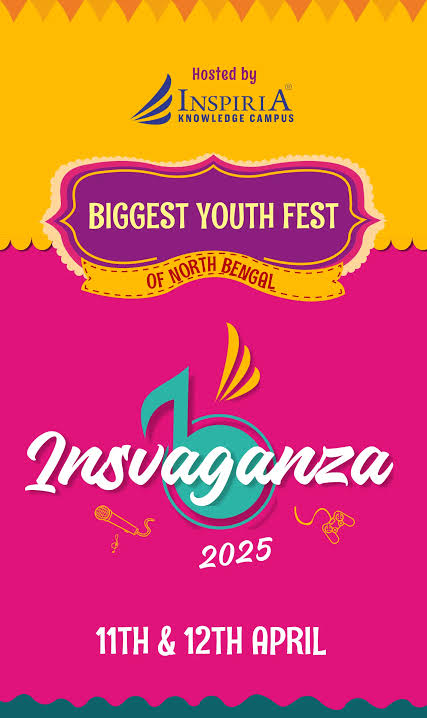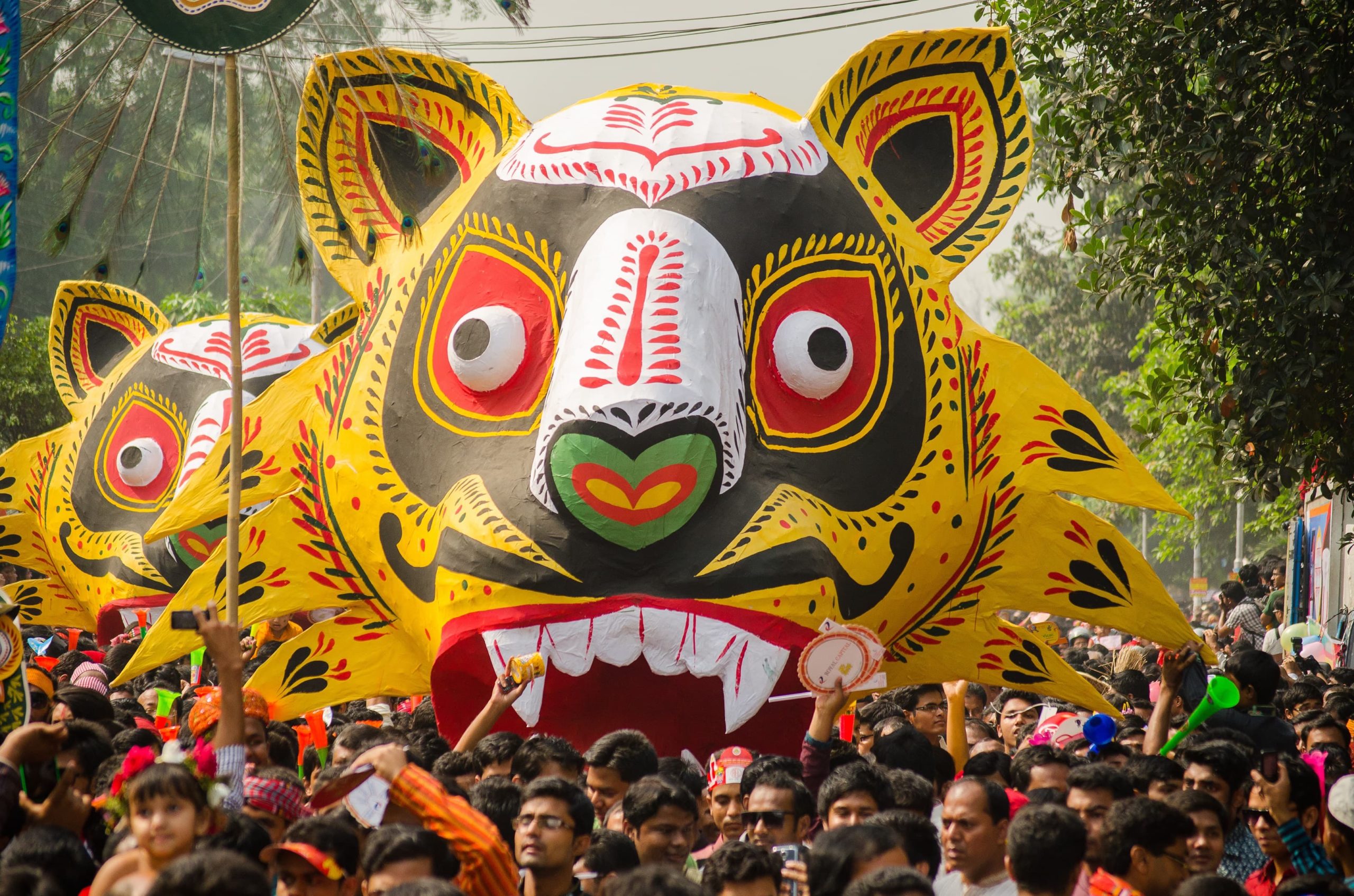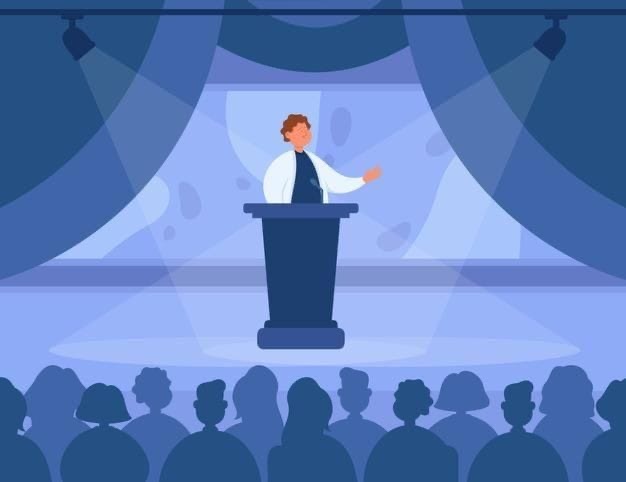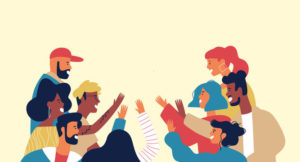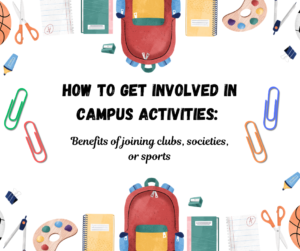In today’s digital era, social media is a way of life rather than being merely a tool. Our social life have become virtually expanded by it, From staying in touch with friends to finding out about the latest trends. But as we scroll through the infinite feeds, We can’t help but wonder: Are these digital platforms actually beneficial for us or is it unintentionally harming our mental health? even though social media sites like Facebook, Instagram, and Twitter provide a quick way to stay connected with one another, they also have hidden drawbacks that we are only now starting to recognise. So, Let’s dive in and discover: Is social media actually social as it seems or does it unintentionally fuel our emotional well-being?
•How the rise of “Highlight Reel” Syndrome shapes our minds?
One of the most obvious ways social media has an impact on our mental health is through the “Highlight Reel” culture it creates. As we scroll through our feeds, it is mostly flooded with posts showcasing only the most amazing aspects of people’s lives—vacations, achievements, and immaculate selfies which overtake our feeds as we go through them. It is absolutely normal to celebrate good and joyous moments, yet this constant flow of flawless perfection can make us feel insecure or isolated. It’s easy to forget the fact that behind those well-curated images, everyone has their individual hardships and everyday struggles that are rarely featured on the timeline. As a result of this selective sharing, we may feel that our own lives fall short which can lead to worry, constant comparison and a sense of loneliness. Real life is filled with ups and downs, and it’s okay to not always have everything together in a world when everyone around us seems to be thriving.
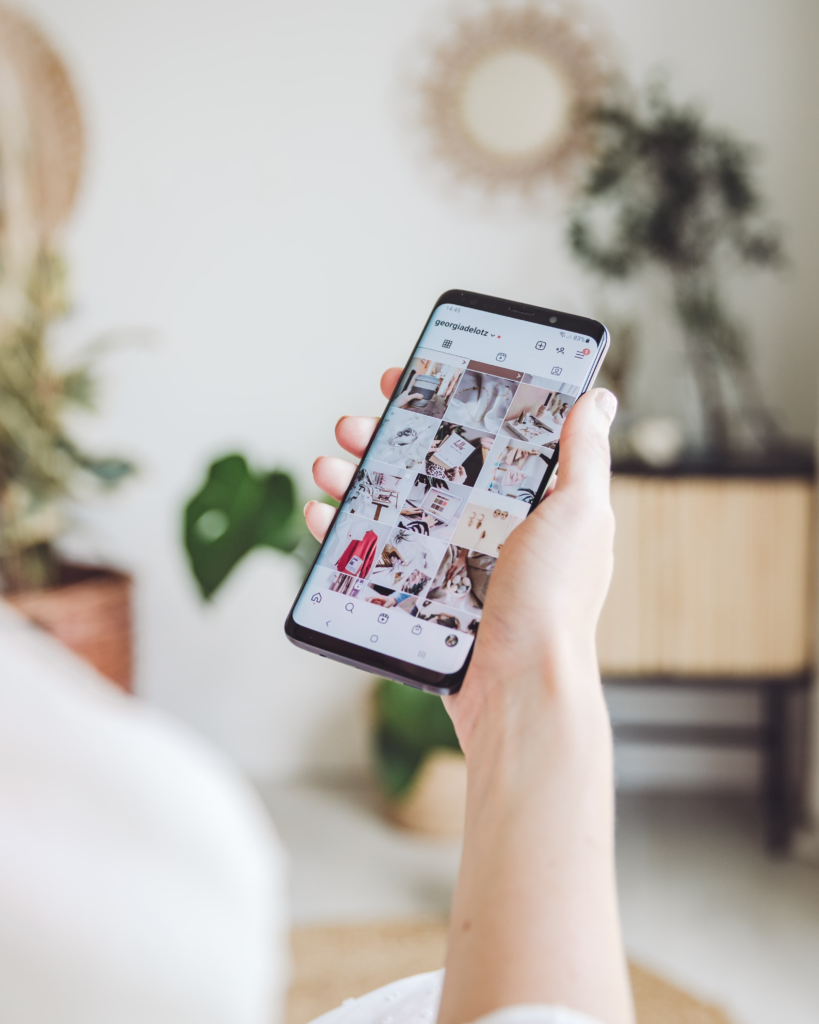
•The Cult of Perfectionism: How Social Media Fuels Self-Doubt?
The desire to live up to others “perfect” lives in today’s social media-driven society can be unbearable, particularly for teens and young people who are still developing their sense of self. Platforms such as Facebook, Instagram, YouTube are some of the examples that frequently display a perfect version of reality, sharing only the most glamorous moments. Because we are constantly comparing our own lives, bodies, and accomplishments to a highly edited standard, this thoughtfully selected material may lead to unrealistic expectations. This continual comparison has been found to be closely associated with higher levels of anxiety, hopelessness and body image issues. When our own lives don’t measure up, we risk feeling inadequate because we forget that these “perfect” photos are frequently carefully chosen or altered.

•The Pressure to Be Always Available on Social Media.
The constant need to be “always on” has become a significant concern in this digital era, especially with social media’s constant sense of belonging. Even if it enables us to be online at all times, there is a price for this accessibility. The need to reply to messages right away, create new content every day, and keep up an active online presence can quickly cause fatigue. We yearn for a break, yet the fear of missing out (FOMO) grows stronger, making it more difficult to disconnect. Our interactions in the actual world may become more distant as we spend more time online, which can make us feel alone and overburdened. Although we may be continuously engaged by the digital world, doing so frequently causes us to distance ourselves from the close relationships who genuinely love and support us.
Additionally, sleep habits can also be adversely affected by this hype connectivity. According to studies, late-night social media browsing had been linked to sleep
disturbances and increasing levels of stress and anxiety. After all, a fatigued mind is more prone to negative thoughts.
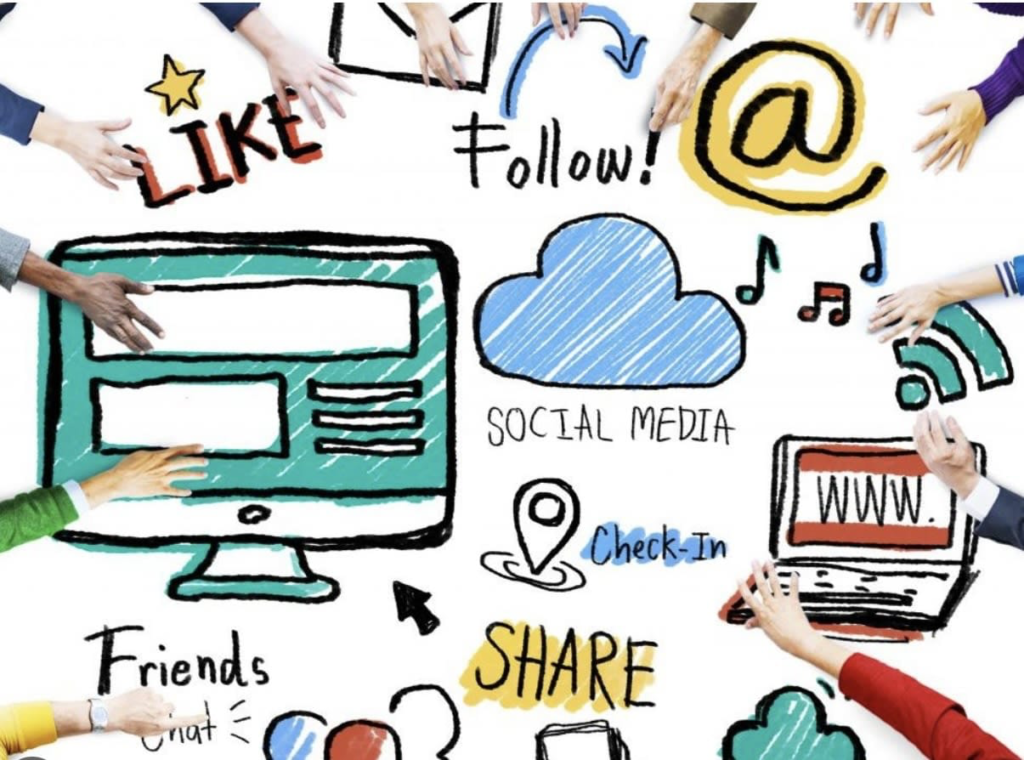
•The unseen power of positivity and support on Social Media.
In an increasingly isolated society, social media has become an effective tool for connecting people and providing guidance, particularly for mental health. Virtual groups for support, mental health campaigning, and online counselling services have emerged on platforms that were previously just utilised for entertainment, offering many people with vital lifelines. Sharing individual stories and emotions with people who genuinely get them can provide comfort and foster a feeling of community. Hashtags like #MentalHealthMatters and #SelfCare have launched movements that have motivated countless people to put their health first, reduce the stigma associated with mental health, and be more transparent about their challenges.

•From distraction to Balance: How to create a healthier relationship with Social Media?
Growing awareness of social media’s negative impacts, including stress, anxiety, and comparison, has led to a rise in the mindful social media movement. In order to use these platforms in healthy ways, a lot of people are implementing more mindful approaches. By establishing limitations on screen time, avoiding accounts that set unrealistic expectations, or turning off notifications, individuals are taking charge of their online behaviour. This change is also being supported by social media firms, which have introduced features like “screen time” trackers and “Do Not Disturb” modes to assist users in tracking and reducing their online time. Social media detoxes are becoming more popular in addition to these little changes. Users temporarily unplug from the internet during a detox in order to enjoy offline activities, concentrate on real-life experiences, and re-establish a connection with oneself. The real-world can be just as vibrant and fulfilling as our online connections, as this movement reminds us. By adopting these behaviours, users are cultivating a more positive relationship with social media that puts their mental health and sense of fulfilment first.

•A Healthier approach: Finding a Healthy Balance between Social Media and Reality.
Social Media isn’t going anywhere, it is here to stay. But how we use it matters, with balance it can improve our daily lives and mental health. We should set some boundaries to preserve our serene surroundings and curate our online environment to make us feel better. Remember, that likes and comments don’t determine our value. Social media needs to foster development rather than comparison. Our online identity is only the one aspect of who we are. We should focus on the good, taking breaks when necessary, and mindfully using it is very important.

